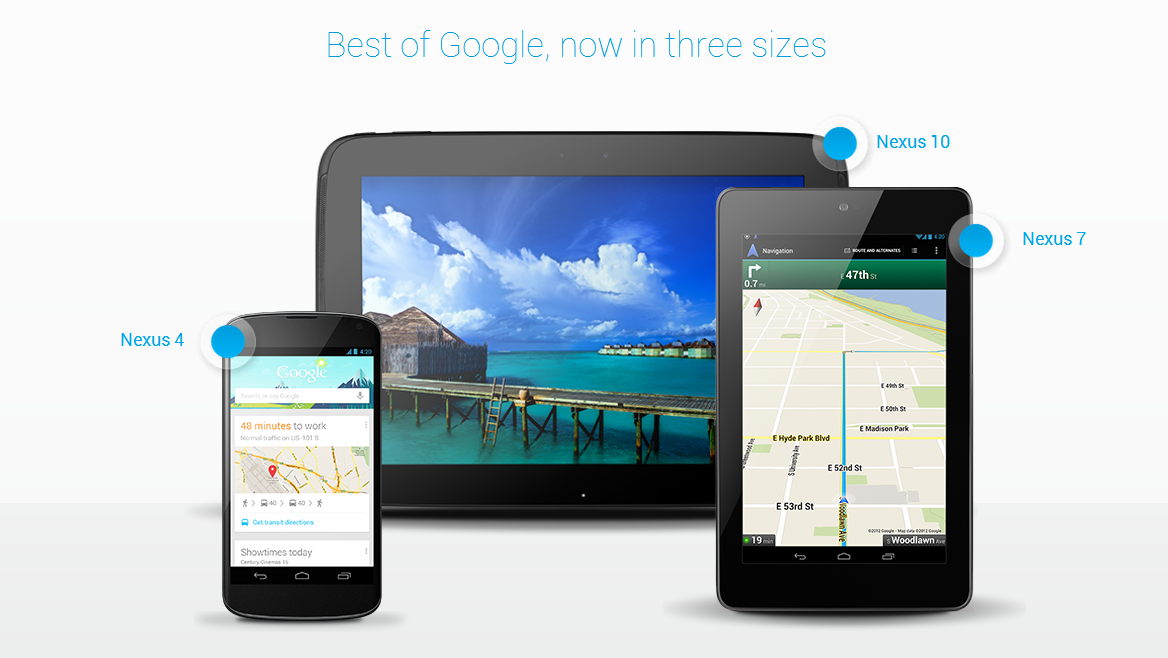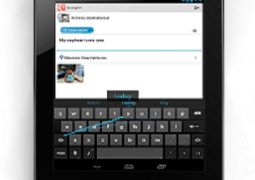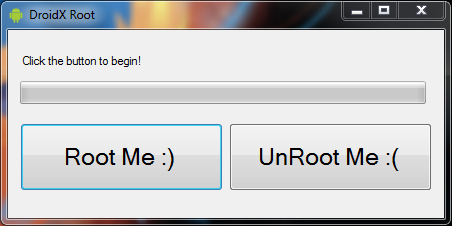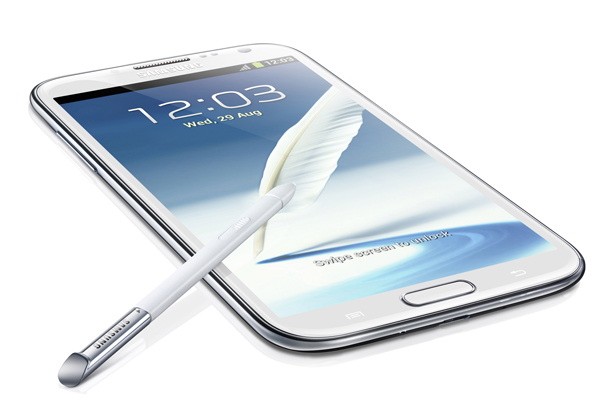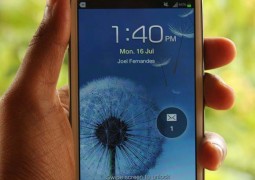iPhone vs Android: Which One Should You Choose?
by ago0

iPhone vs Android: Which should you choose?
Introduction
When it comes to choosing a smartphone, the decision between iPhone and Android can be a difficult one. Both platforms have their own unique features and loyal fan bases. So which one should you choose? In this article, we will explore some of the key differences between iPhone and Android, helping you make an informed decision on which one is right for you.

Design and User Interface
One of the first things you notice when comparing iPhone and Android devices is the difference in design and user interface. Both operating systems have their own unique features and advantages, but one of the key differences lies in their user interfaces.
iPhone’s user interface is renowned for its intuitive and user-friendly design. Apple has always gone with simple and elegance in design and ease of use, making it a popular choice for those who prefer a straightforward and streamlined experience. The iOS interface is clean, minimalistic, and easy to navigate, with a focus on providing a seamless user experience. Whether you’re a tech-savvy individual or a simple user, you’ll find it easy to pick up an iPhone and start using it right away.
Android, on the other hand, offers more options and customizable experience. With its open-source operating system, Andriod can be modified and customized by different smartphone manufacturers. This allows for a wide range of customization options, from changing the home screen layout to installing custom launchers and widgets. Android users have the freedom to personalize their devices according to their preferences, making it a popular choice for those who like to have more control over their smartphone’s appearance and functionality.
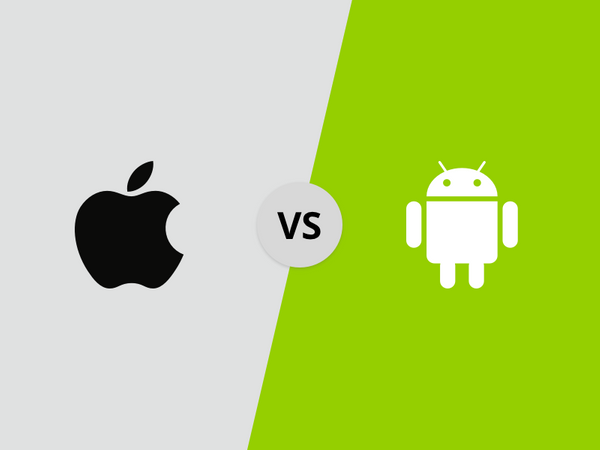
Source: themindstudios.com
App Store
When it comes to the app ecosystem, both iPhone and Android have their strengths. The Apple App Store is known for its strict quality control, ensuring that apps are reliable and secure. On the other hand, the Google Play Store offers a wider range of apps, including some that may not meet Apple’s strict guidelines.
While iPhone users may have access to exclusive apps and games, Android users can enjoy the freedom of sideloading apps from third-party sources. It ultimately depends on your app preferences and whether you prioritize security or flexibility.
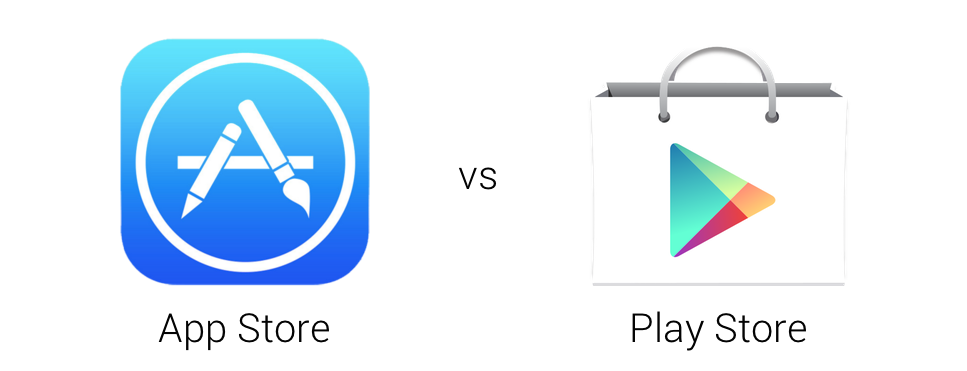
Source: www.iphoneincanada.ca
Hardware and Performance
When it comes to hardware and performance, iPhones are known for their top-notch build quality and smooth performance. Apple’s tight integration of hardware and software ensures a seamless user experience. On the other hand, Android devices come in a wide range of options, offering different specifications, performance levels and prices.
If you’re someone who values performance and reliability, iPhones are a safe bet. However, if you’re looking for more options and customization in terms of hardware, Android devices offer a wider range to choose from.
Camera Quality
The camera quality is an important factor for many smartphone users. iPhones are known for their exceptional camera quality, with advanced features and image processing algorithms. On the other hand, Android devices offer a variety of camera options, with some models even surpassing the iPhone in certain aspects.
If photography is a priority for you, iPhones are a great choice. However, if you’re looking for more variety and options in terms of camera features, Android devices may offer a better fit.
Battery Life and Charging
Battery life is a crucial consideration when choosing a smartphone. iPhones are known for their optimized battery life, offering all-day usage on a single charge. Android devices, on the other hand, come in a variety of battery capacities, with some models offering longer battery life than iPhones.
When it comes to charging, iPhones use the proprietary Lightning connector, while most Android devices use the standard USB-C connector. It’s worth considering your charging preferences and the availability of charging accessories when making your decision.
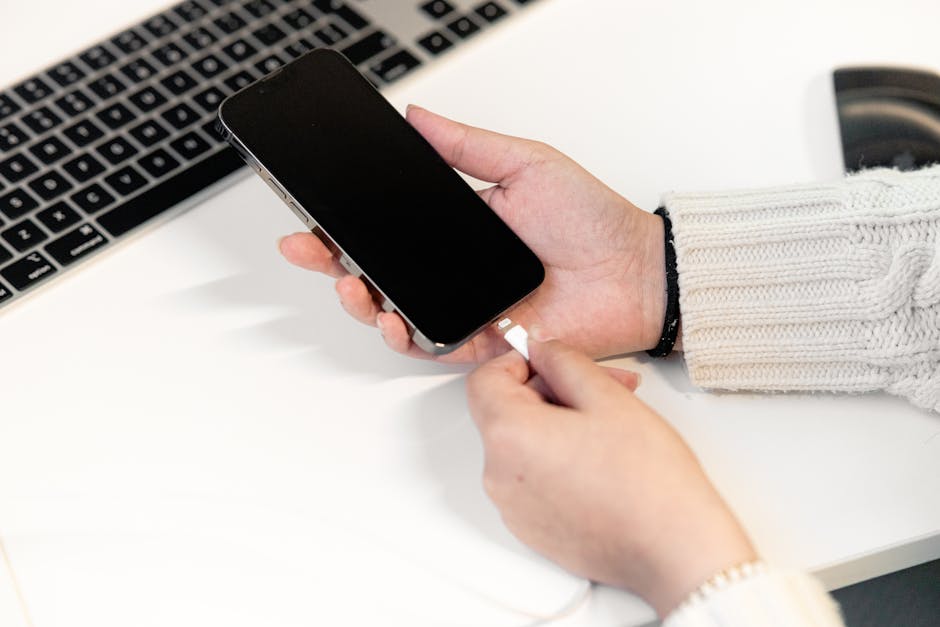
Source: Julio Lopez
Security and Privacy
Security and privacy are becoming increasingly important in today’s digital age. iPhones are known for their strong security measures, with regular software updates and a closed ecosystem. Android devices, while also offering security features, may be more susceptible to malware due to the open nature of the platform.
If security and privacy are your top concerns, iPhones provide a more secure environment. However, if you prioritize customization and openness, Android devices offer more flexibility.
Conclusion
Choosing between iPhone and Android ultimately comes down to personal preference and priorities. iPhones offer a seamless user experience, top-notch build quality, and strong security measures. On the other hand, Android devices provide a wider range of customization options, a diverse app store, and more hardware choices.
Consider your needs, preferences, and budget when making your decision. Whether you choose iPhone or Android, both platforms have their own strengths and can provide a great smartphone experience.
